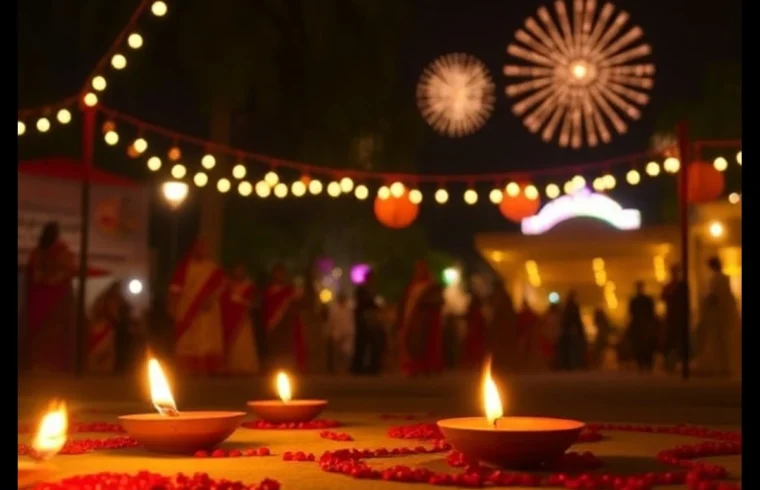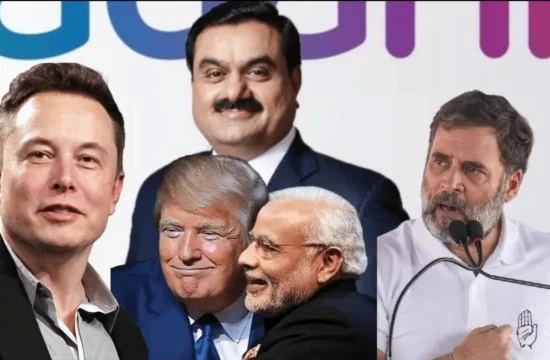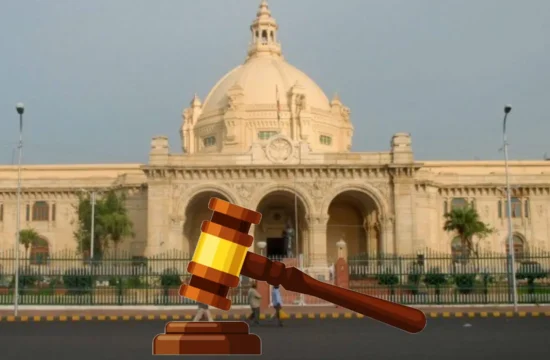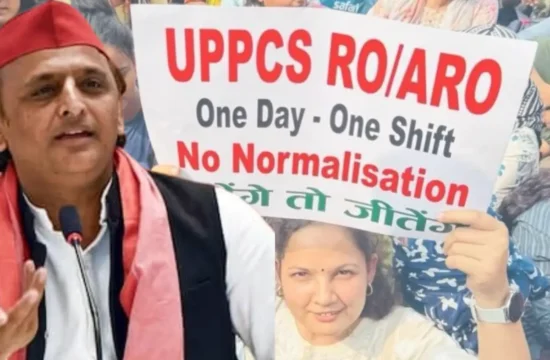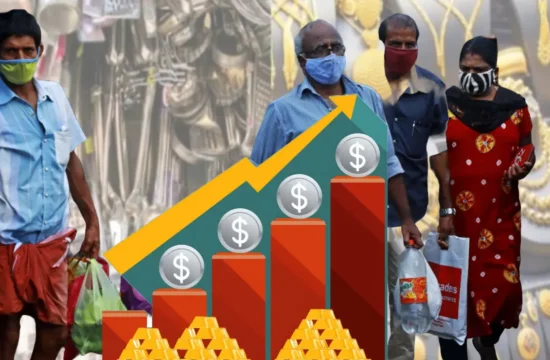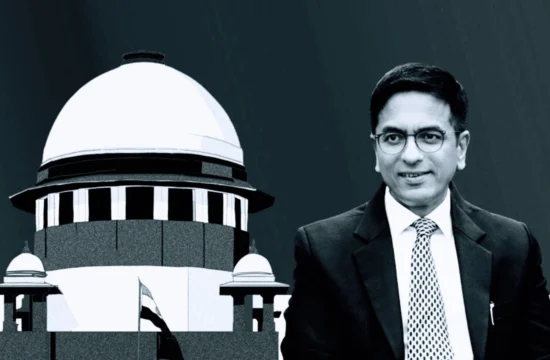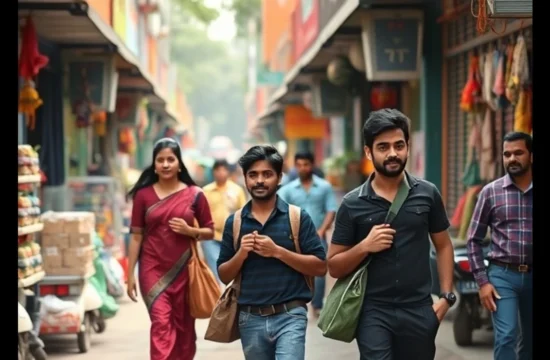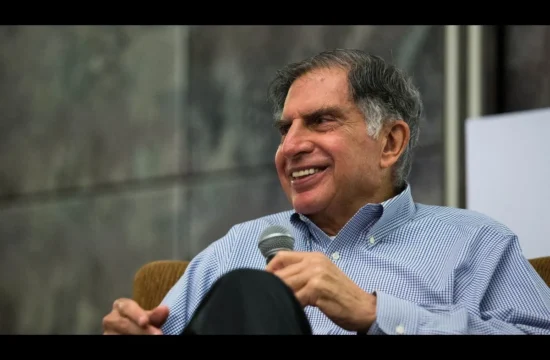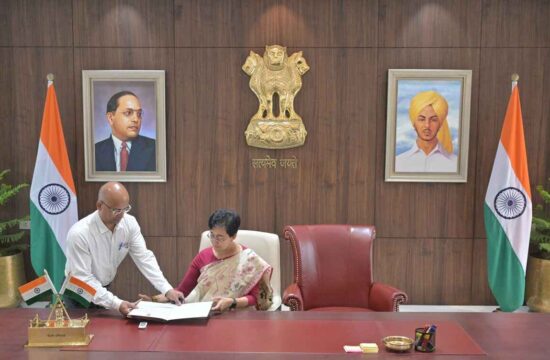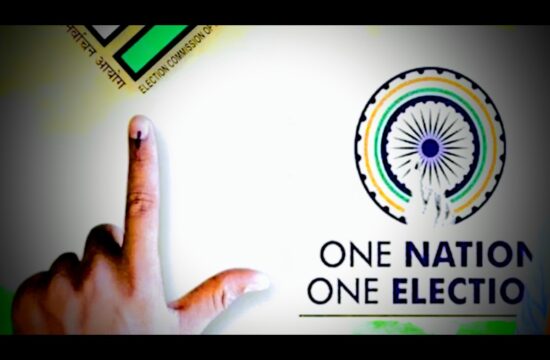Diwali, the sparkling “Festival of Lights,” may be familiar to many, but it holds a treasure trove of lesser-known customs and fascinating traditions. Ready to explore? Let’s take a journey through Diwali’s most unique aspects.
1. Did You Know Diwali is a Five-Day Celebration?
Each day of Diwali has its own unique purpose and story. Here’s the lineup:
Day 1: Dhanteras – People buy precious metals, like gold or silver, for good luck and prosperity.
Day 2: Narak Chaturdashi – A day symbolizing the triumph over the demon Narakasura.
Day 3: Lakshmi Puja – The main event when homes glow with lamps, inviting Goddess Lakshmi.
Day 4: Govardhan Puja – Honoring Lord Krishna’s protection of his devotees.
Day 5: Bhai Dooj – A day for brothers and sisters to cherish their bond.
2. The Jain New Year Begins on Diwali
Diwali is sacred in Jainism because it marks the day Lord Mahavira achieved nirvana, or liberation from the cycle of life and death. For Jains, this day is not only about lights but also about reflecting on life’s purpose.Thought to Ponder: How would your outlook change if you celebrated a “New Year” by letting go of something in your past?
3. Sikh Celebration: Bandi Chhor Divas
In Sikhism, Diwali honors Guru Hargobind, who freed himself and 52 princes from prison in 1619. Known as Bandi Chhor Divas, or the “Day of Liberation,” the Golden Temple in Amritsar shines even brighter than usual.Did You Know? This day of freedom is celebrated with fireworks, feasts, and vibrant decorations all across Sikh communities!
4. Nepal’s Diwali is for the Animals Known as Tihar
Nepal celebrates this festival with a unique twist. One special day is dedicated to dogs (Kukur Tihar), honoring them with garlands, treats, and prayers as a symbol of loyalty.So, Why not celebrate a day of Tihar with your pets, giving them a little extra love and appreciation?
5. A Multi-Faith Festival
Although widely known as a Hindu festival, Diwali is celebrated by Sikhs, Jains, and Buddhists, each adding their own meanings and traditions. This diversity makes Diwali one of the most widely celebrated festivals worldwide.
6. Goddess Kali Takes Center Stage in Bengal
While most parts of India worship Goddess Lakshmi for wealth and prosperity, Bengalis celebrate Diwali as Kali Puja. They worship Kali, the fierce goddess of power and protection, creating an intense yet beautiful contrast to the festivities.
7. A Roll of the Dice for Luck
Diwali is associated with prosperity, and many believe that playing games on night will bring good luck. According to tradition, Goddess Parvati played dice with Shiva, and it’s said she blessed the game!
8. Diwali Around the World
Did you know? Diwali has spread worldwide! Leicester in the UK hosts one of the biggest Diwali celebrations outside of India, with thousands gathering for music, lights, and fireworks. Countries from Trinidad to Malaysia bring their own flair to this grand festival.
9. The Spiritual Meaning of Lamps
The glowing diyas are more than just decorations. They represent the cleansing of darkness within us and the burning away of past mistakes, inviting knowledge, peace, and prosperity.
10. The Story of King Bali and Onam
While the festival is celebrated widely, some parts of Kerala celebrate it differently. Here, Onam, not Diwali, is the primary festival, honoring King Bali. But in some places, Diwali is still celebrated, bringing blessings of prosperity and unity.
Insight: Each festival has its unique local twist. What local tradition could you add to your Diwali celebration?
This is a festival with so many layers and meanings. Whether you’re lighting up your home, honoring pets, or playing games with family, each tradition brings a deeper connection to this beautiful celebration of light over darkness.
For more such information do follow thedigisamachar.com. Also do share your stories in our comments section.
